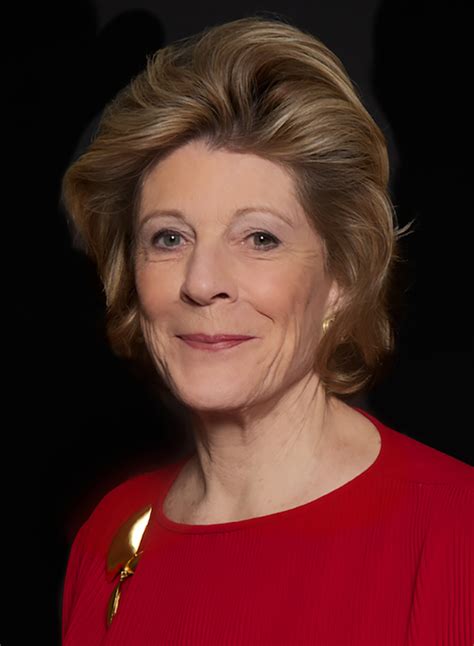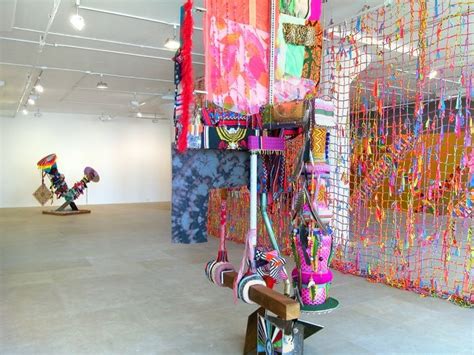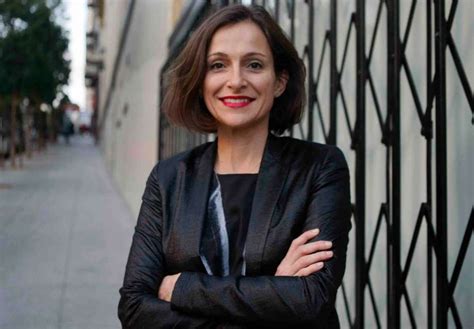A Quote by Julian Young
Art of course survives on the walls of private dwellings and corporate offices, but it 'dies' in the sense of losing its public, community-gathering, world-historical significance.
Related Quotes
Art may not have the power to change the course of history, but it can provide a perspective on historical events that needs to be heard, even if it's seldom heeded. After all the temporary influences that once directed the course of history have vanished, great art survives and continues to speak to each generation.
People always make the mistake of thinking art is created for them. But really, art is a private language for sophisticates to congratulate themselves on their superiority to the rest of the world. As my artist’s statement explains, my work is utterly incomprehensible and is therefore full of deep significance.
For such will be our ruin if you, in the immensity of your public abstractions, forget the private figure, or if we in the intensity of our private emotions forget the public world. Both houses will be ruined, the public and the private, the material and the spiritual, for they are inseparably connected.
(...) contemporary art has become a kind of alternative religion for atheists. (...) For many art world insiders and art aficionados of other kinds, concept-driven art is a kind of existencial channel through which they bring meaning to their lives. It demands leaps of faith, but it rewards the believer with a sense of consequence. Moreover, just as churches and other ritualistic meeting places serve a social function, so art events generate a sense of community around shared interests
Community after community is rising up, ranchers, developers, environmentalists, and local commissioners, all saying this is not the best use of our public lands. It is a story that is largely unknown in the rest of the country. It is a disturbing and community-destroying example of domestic imperialism being waged against people in places deeply connected to the public lands that are our public commons. The Bush energy policy is a short-term strategy based on corporate greed instead of a sustainable vision of what best supports local economies and healthy ecosystems.
































